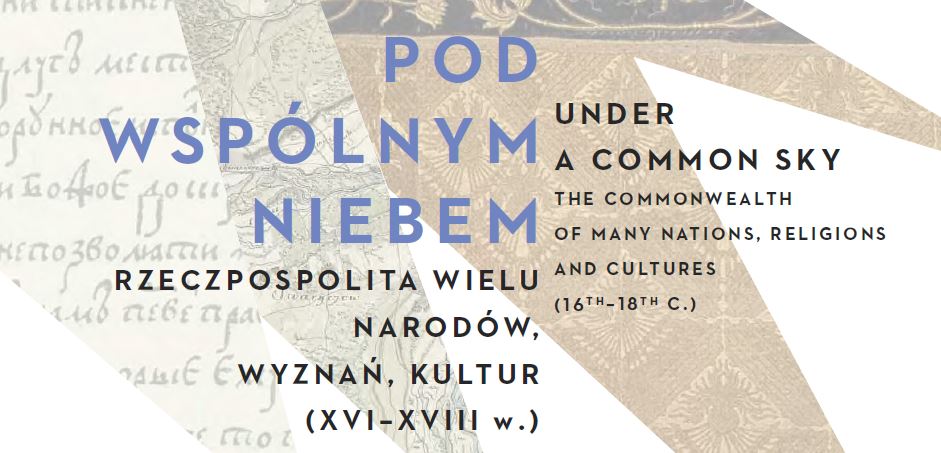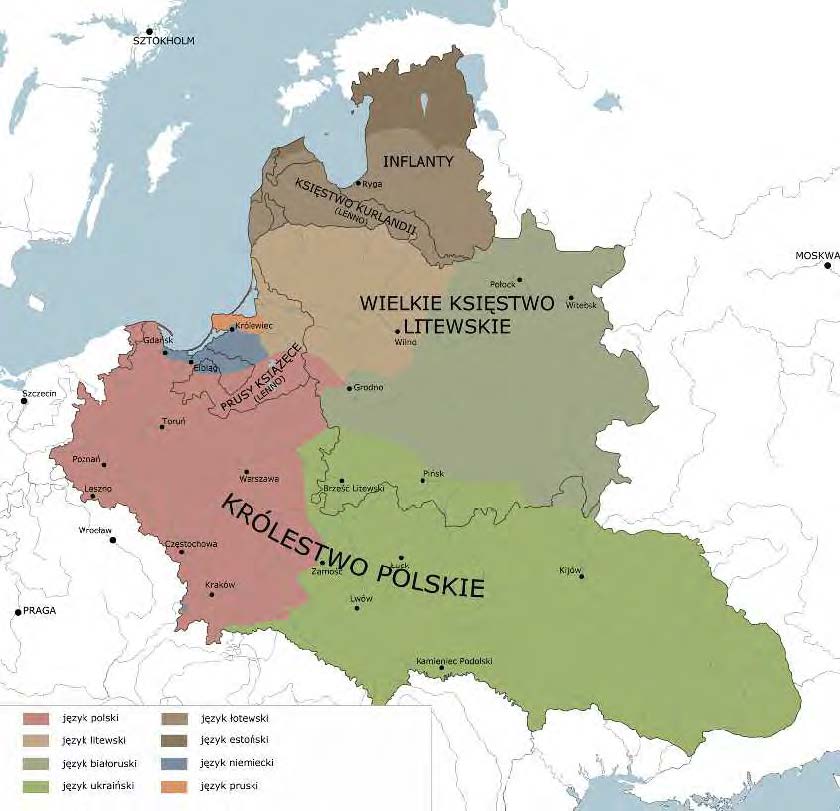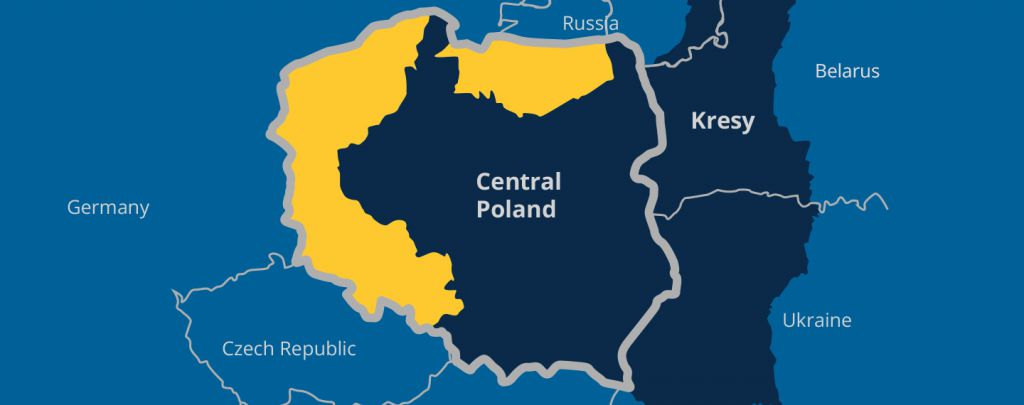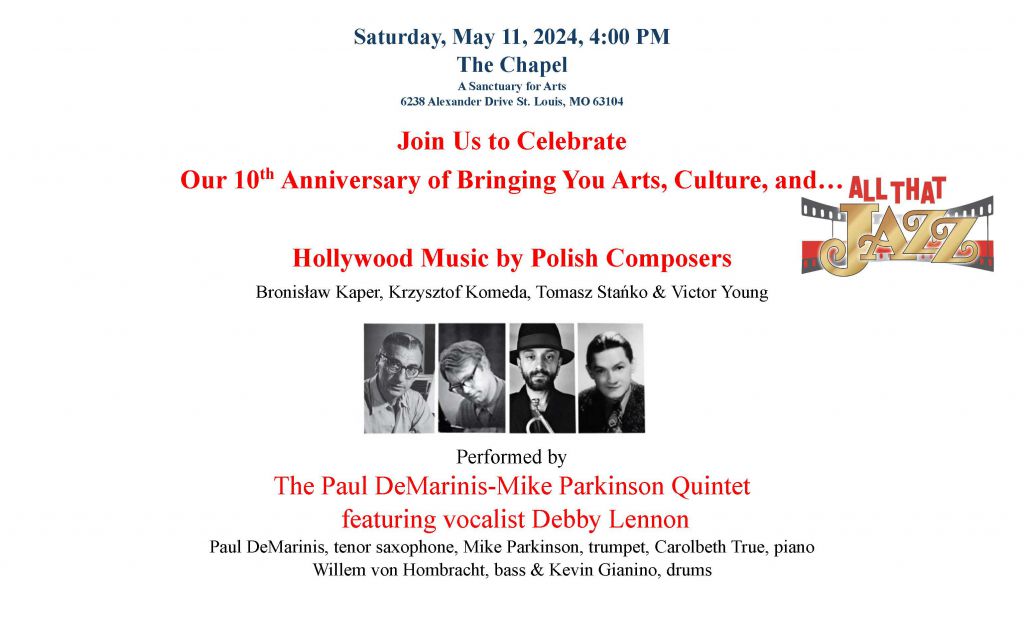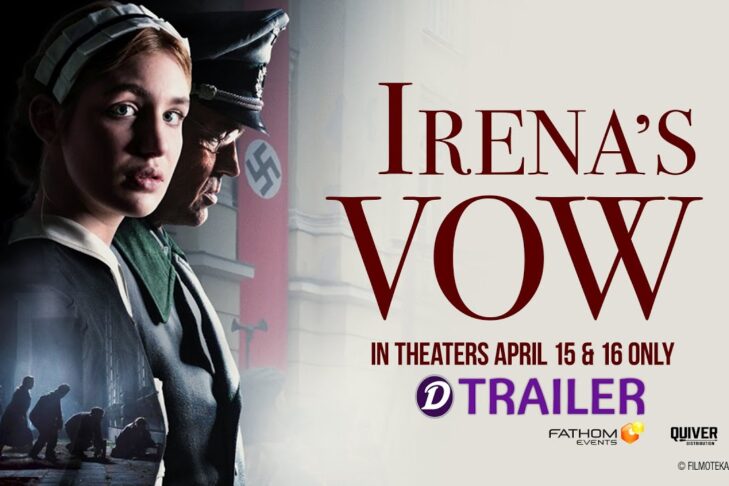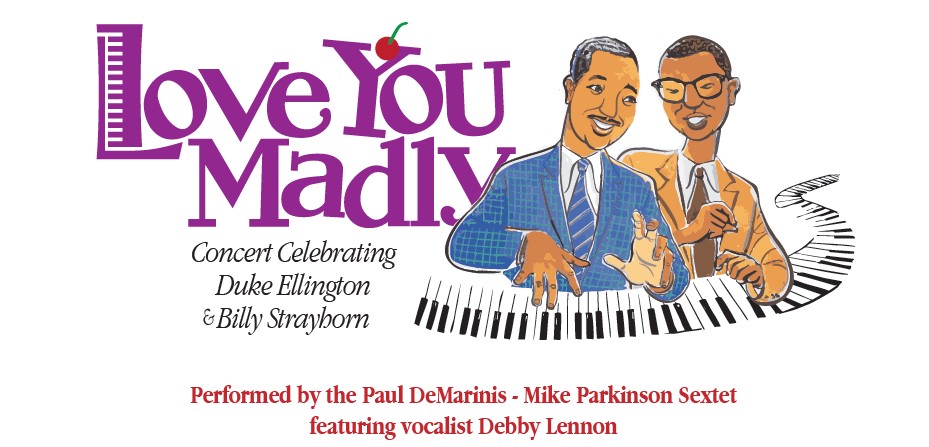

Saint Louis Polonia Inc and Centrum Badań Historycznych Polskiej Akademii w Berlinie
Invite you to a lecture
“The Polish-Lithuanian Commonwealth: a successful experiment in multiculturalism? A Multiethnic Patchwork”
Dr. Igor Kąkolewski
The virtual event will take place on
Wednesday, May 4th, 4:00 PM Central Time (US and Canada)
The event is free
Registration is required: https://us06web.zoom.us/meeting/register/tZYtcuuqqT4pGdRmLplgku2v_wBvE6KEGsKm
After registering, you will receive a confirmation email containing information about joining the meeting.
The Polish-Lithuanian Commonwealth, also known as the Commonwealth of Both Nations was one of Europe’s most highly populated and ethnically diverse countries. Who inhabited her lands? What made this extraordinary coexistence of different nations, languages, and religions possible?
Searching for examples and past multiethnic societies and understanding how they functioned remains relevant in contemporary discourse – both on the need to maintain harmony in today’s multicultural European Union and on the current crisis of multiculturalism both in the most developed European countries and those still emerging from decades of Communist regimes. Poland doesn’t need to look far: apart from during the Communist era and in the years since the regime’s collapse (which have both been largely monoethnic periods), for most of the country’s history as an independent state – from the mid-14th century until the turn of the 19th century, and again during the interwar period – Poland was as a distinctly multiethnic country.
The state that was emerged in 1569 as a result of the Union of Lublin was called the “Commonwealth of Both Nations ” (Rzeczpospolita Obojga Narodów) to stress that it was a federation of two coequal partners: the Kingdom of Poland and the Grand Duchy of Lithuania. In reality, the state’s high degree of ethnic and cultural diversity meant that a more appropriate name might have been the “Commonwealth of Many Nations.”
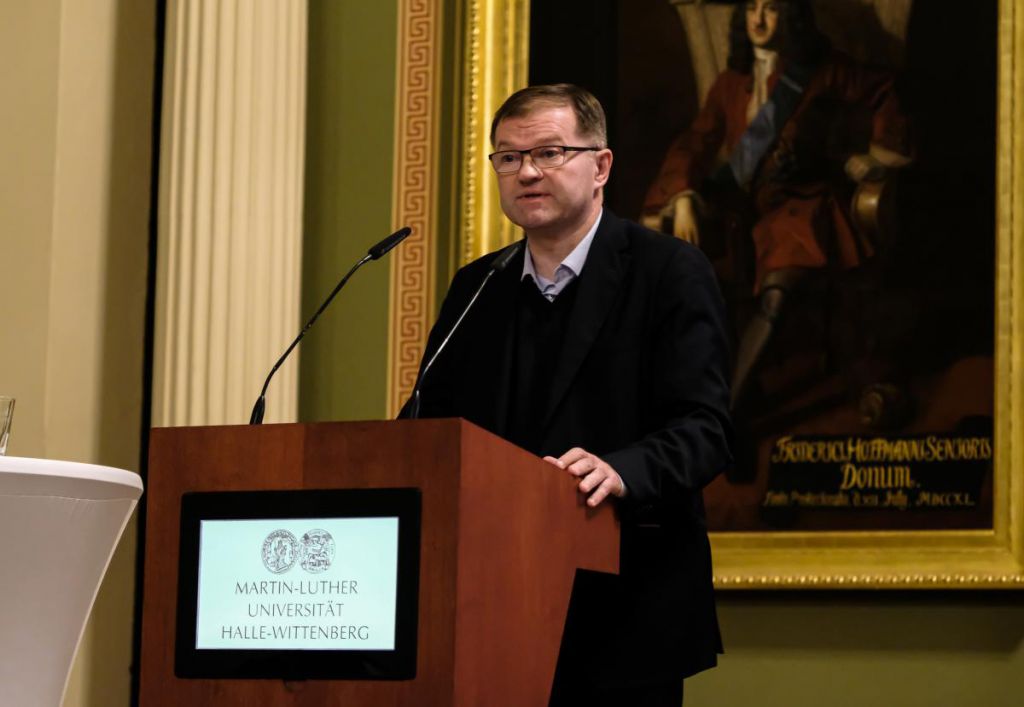 IGOR KĄKOLEWSKI is a Polish historian, professor at the University of Warmia and Mazury, and director of the Center of Historical Research Berlin of the Polish Academy of Sciences. His research fields are the early modern history of Poland-Lithuania and Europe, the history of European political philosophy and culture and history of Polish-German relations, and studies in memory culture, museology, and pedagogy.
IGOR KĄKOLEWSKI is a Polish historian, professor at the University of Warmia and Mazury, and director of the Center of Historical Research Berlin of the Polish Academy of Sciences. His research fields are the early modern history of Poland-Lithuania and Europe, the history of European political philosophy and culture and history of Polish-German relations, and studies in memory culture, museology, and pedagogy.

